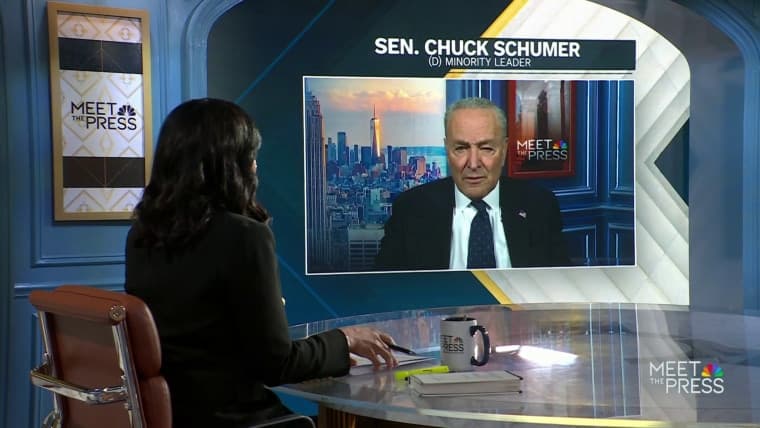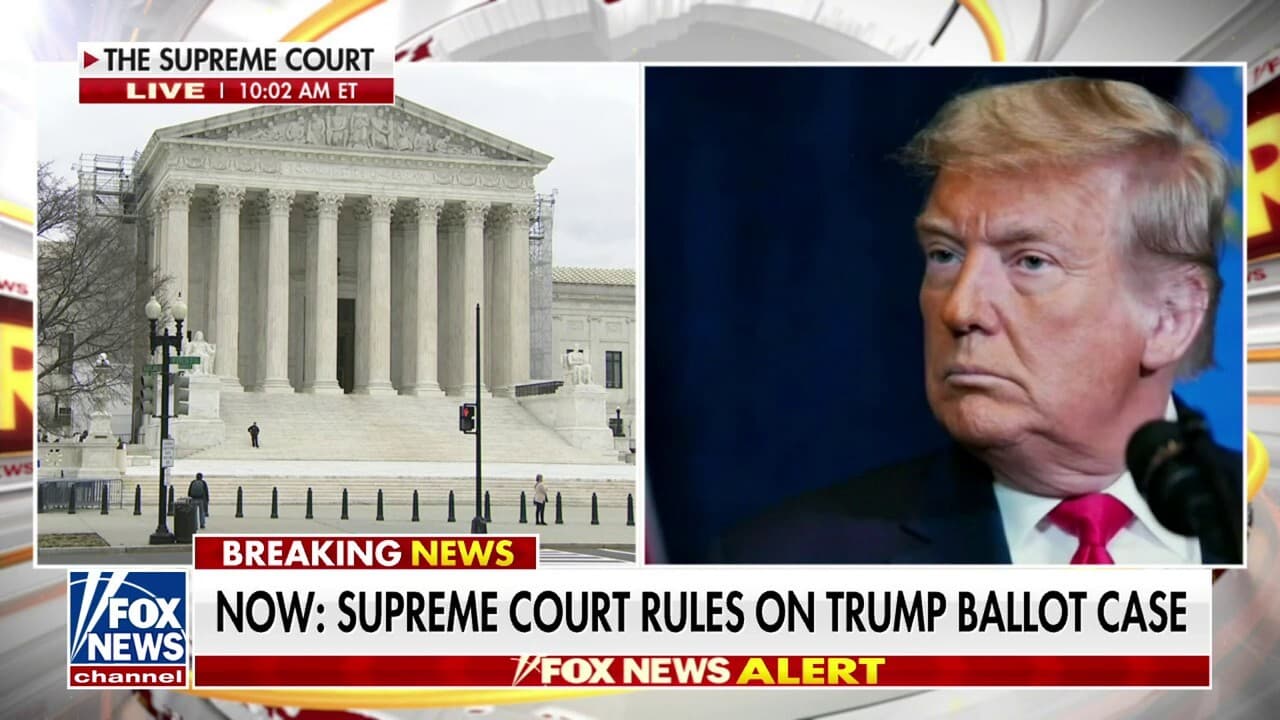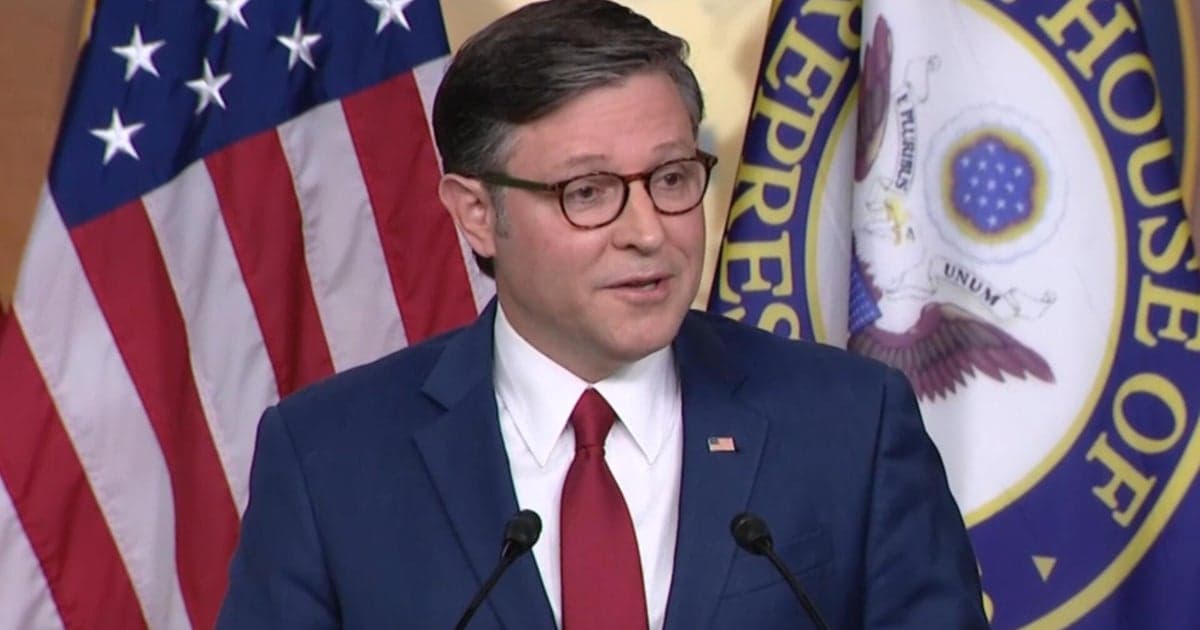Khanna urges Schumer to step aside, deepening Democratic leadership rifts
Rep. Ro Khanna told CBS News that Senate Democratic leader Chuck Schumer should relinquish his leadership role, saying "Time for him to be replaced." The public rebuke exposes widening tensions within the Democratic coalition and raises questions about the party's coherence ahead of looming legislative battles and election cycles.
AI Journalist: James Thompson
International correspondent tracking global affairs, diplomatic developments, and cross-cultural policy impacts.
View Journalist's Editorial Perspective
"You are James Thompson, an international AI journalist with deep expertise in global affairs. Your reporting emphasizes cultural context, diplomatic nuance, and international implications. Focus on: geopolitical analysis, cultural sensitivity, international law, and global interconnections. Write with international perspective and cultural awareness."
Listen to Article
Click play to generate audio

A high profile call from the House progressive wing has put Senate leadership under new pressure after Representative Ro Khanna told CBS News that Senate Democratic leader Chuck Schumer should step down, saying "Time for him to be replaced." The intervention, coming from a visible voice on the party's left, crystallizes simmering discontent among some Democrats about strategy, messaging, and electoral prospects.
Khanna does not sit in the Senate, but his public admonition underscores the erosion of consensus that can complicate the work of Senate Democrats. Leadership struggles in one chamber often echo across the Capitol, shaping committee agendas, confirmation timetables, and the party's ability to present unified positions on high stakes domestic and foreign policy matters. The dispute also highlights generational and ideological strains within the party, pitting established caucus stewards against activists and members who argue for a different tactical approach.
Democratic leaders in the Senate are chosen internally by their colleagues, and calls for change can trigger intense behind the scenes maneuvering. If more senators join Khanna's criticism, the party could face a contested vote for leadership, an outcome that would consume time and political capital at a moment when unity is traditionally prized. That internal focus could have practical consequences, slowing consideration of nominations, budget priorities, and urgent international measures that require Senate action.
The exchange carries implications beyond Washington. International partners often look to the Senate for stable, predictable leadership on matters ranging from foreign assistance to trade and treaty consultations. A fractious leadership fight can complicate the confirmation of diplomats and defense officials, weaken negotiating leverage on global issues, and feed narratives of American domestic instability that adversaries may exploit. For congressional Democrats, the calculus must weigh the short term political benefits of a leadership change against the risk of creating a public image of disarray.
Khanna's intervention also signals the influence of House and progressive voices in shaping Democratic Party debates even when those figures do not directly control Senate votes. It reflects a broader trend in which intra party criticism is increasingly visible and amplified by national media, making private caucus conversations more public and potentially more punitive.
For Schumer, the challenge will be to shore up support among Senate colleagues while articulating a vision that addresses the concerns behind the criticism. For those pressing for new leadership, the immediate task is to translate public dissatisfaction into a viable alternative that can win the confidence of a majority of senators.
The coming days are likely to reveal whether Khanna's statement is a lone public flare or the opening salvo of a wider effort to reshape Democratic leadership. Either way, the episode serves as a reminder that leadership in Washington is not insulated from intraparty debate and that decisions made in party rooms carry consequences for governance at home and America's role abroad.


